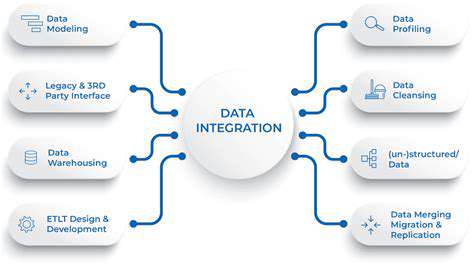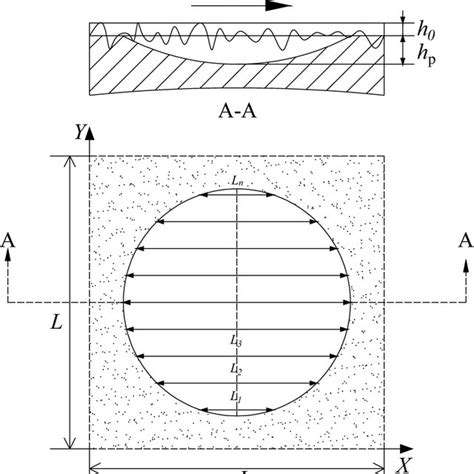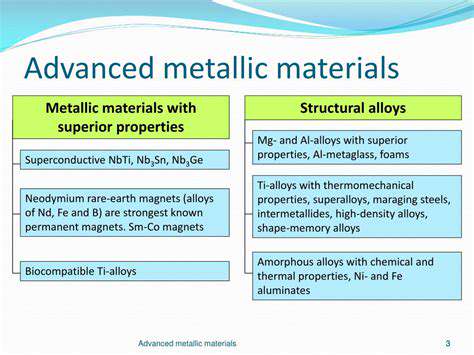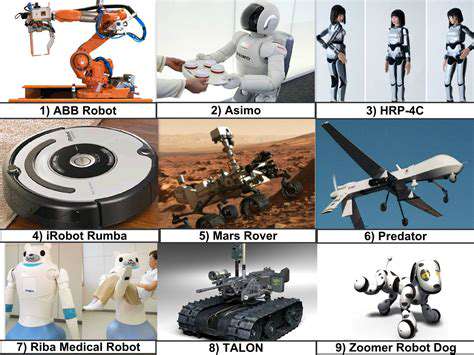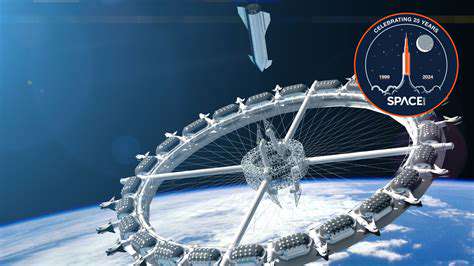The increasing volume of defunct satellites, rocket bodies, and other space debris orbiting Earth poses a significant threat to ongoing space operations and future space exploration. This growing debris field, sometimes referred to as space junk, is not just an aesthetic problem; it represents a tangible and escalating hazard to active satellites and spacecraft. The potential for collisions is real, with the possibility of cascading chain reactions that could severely disrupt or even disable essential space-based systems.
The sheer volume and velocity of this debris are constantly increasing. This accumulation poses a risk not just to human-made objects in space, but also to future space missions and potentially even the safety of astronauts.
Collision Risks and Cascading Effects
The risk of collisions between active spacecraft and orbital debris is a serious concern. A single collision can generate a large amount of new debris, creating a cascading effect that multiplies the risk of further collisions. This escalating cycle can quickly lead to a significant increase in the overall amount of debris, making it increasingly difficult and costly to maintain a functional space environment.
These collisions can have catastrophic consequences, potentially damaging or destroying valuable satellites, impacting scientific research, and even jeopardizing communication systems vital for global connectivity. The potential damage extends beyond the immediate collision; debris generated from a collision can continue to pose a threat for years to come.
Mitigation Strategies and Technological Advancements
Efforts to mitigate the growing threat of orbital debris are crucial. Scientists and engineers are constantly developing new strategies for tracking and managing space debris. These strategies are essential to minimizing the risk of collisions and the associated cascade effects. This includes developing innovative technologies to remove existing debris or prevent its creation in the first place.
Advanced technologies, such as active debris removal systems, are being investigated to capture and deorbit large pieces of space debris. This is a complex engineering challenge, requiring sophisticated sensors, actuators, and propulsion systems capable of maneuvering in the harsh environment of space.
International Cooperation and Policy Frameworks
Addressing the orbital debris problem requires international cooperation and the establishment of comprehensive policy frameworks. Shared responsibility and coordinated efforts are essential to prevent the further accumulation of space debris and to mitigate the risks associated with existing debris. This includes agreements on responsible spacefaring practices and the development of standards for the design, operation, and disposal of space objects.
International collaboration is crucial for establishing and enforcing regulations concerning the disposal of spacecraft and rocket stages at the end of their operational lifespans. Effective communication and information sharing among space agencies are also vital to improve the tracking and prediction of debris trajectories.
Economic and Societal Impacts
The growing threat of orbital debris has significant economic implications for space-based industries. The potential for damage to satellites and other space assets can severely disrupt global communication networks and hinder scientific research. The cost of repairing or replacing damaged equipment can be substantial, affecting both government and private sector investments in space.
Beyond the economic consequences, the proliferation of space debris has implications for the future of space exploration and human activity in space. The potential for catastrophic collisions poses a risk to human missions and the long-term sustainability of human presence in space.
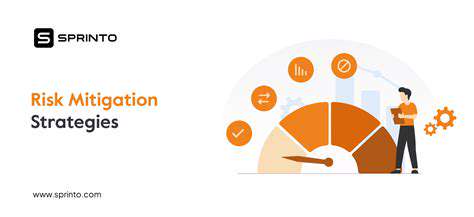
Smart public spaces are more than just aesthetically pleasing environments; they represent a significant shift in how we interact with our urban landscapes. These spaces leverage technology to enhance user experience, improve efficiency, and foster community engagement. From interactive kiosks providing real-time information to sensors monitoring air quality and pedestrian flow, smart public spaces are designed to be responsive and adaptable to the needs of their users.
The Economic and Societal Implications of Sustainable Space Exploration
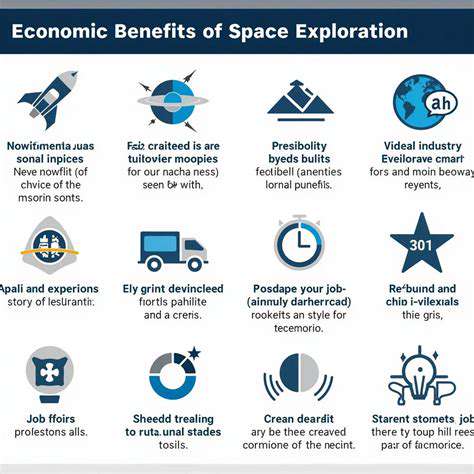
The Impact on Global Trade
Globalization has significantly altered the landscape of international trade, creating intricate supply chains that span continents. This interconnectedness has fostered economic growth in many nations, but it also introduces vulnerabilities. Disruptions in one region can quickly ripple through the global economy, highlighting the importance of resilient supply chains and adaptable strategies for navigating international markets. The ongoing geopolitical shifts further complicate these dynamics, demanding a sophisticated understanding of the evolving trade landscape.
Businesses must adapt to these new realities to remain competitive and mitigate risks. International agreements and trade policies are crucial components in fostering stability and predictability, but they are constantly in flux, requiring continuous monitoring and strategic adjustments.
The Rise of the Gig Economy
The gig economy, characterized by freelance work and short-term contracts, has fundamentally reshaped the employment landscape. This model offers flexibility and opportunities for individuals, but it also presents unique challenges related to worker protections, benefits, and tax implications. The lack of traditional employer-employee structures makes it difficult to ensure fair labor practices and worker well-being.
Understanding the evolving regulations and policies surrounding the gig economy is crucial for both workers and employers. This includes exploring the potential for future legislation designed to address the specific challenges and opportunities of this emerging labor force.
Technological Advancements and Job Displacement
Rapid technological advancements are transforming industries across the board, leading to automation and job displacement in many sectors. While new jobs are created in response to technological advancements, these often require different skill sets and educational backgrounds, potentially exacerbating existing inequalities. Preparing the workforce for the demands of a rapidly evolving job market is a crucial societal imperative.
The integration of artificial intelligence, machine learning, and robotics is reshaping the nature of work, demanding ongoing adaptation and upskilling initiatives. Governments and educational institutions must collaborate to address these issues, ensuring that the benefits of technology are widely shared and that individuals possess the skills needed to thrive in a changing economy.
Income Inequality and Social Disparities
Economic growth often fails to translate into equitable distribution of wealth, leading to widening income inequality and social disparities. These disparities can manifest in various forms, from unequal access to education and healthcare to differences in social mobility and opportunities. Addressing this issue requires a multifaceted approach that tackles the root causes of inequality.
Policies aimed at promoting inclusive growth, such as progressive taxation, investments in education and infrastructure, and social safety nets are essential. These strategies aim to level the playing field and ensure that everyone has a fair chance to succeed.
The Impact on Consumer Behavior
Economic fluctuations and societal changes directly influence consumer behavior. Changes in purchasing power, access to credit, and consumer confidence can significantly impact market trends and the overall health of the economy. Understanding these factors is critical for businesses to adapt their strategies and offerings to meet evolving demands.
Consumer preferences are constantly shifting, driven by factors such as sustainability concerns, ethical considerations, and technological advancements. Companies must adapt and innovate to maintain relevance and attract and retain customers in today's dynamic marketplace.
Environmental Sustainability and Economic Growth
The pursuit of economic growth must be balanced with environmental sustainability. The increasing awareness of climate change and its consequences is prompting a shift towards eco-friendly practices and sustainable development models. Integrating environmental considerations into economic decision-making is crucial for long-term prosperity.
Environmental regulations and incentives are increasingly important in driving sustainable practices and minimizing the negative impacts of economic activity. Promoting green technologies, investing in renewable energy sources, and adopting circular economy principles are vital steps toward creating a more sustainable future.
The Role of Government Policy
Government policies play a critical role in shaping economic and societal outcomes. Effective policies can foster innovation, promote equitable distribution of resources, and mitigate risks associated with economic change. However, the design and implementation of such policies require careful consideration of potential unintended consequences.
Governments must adapt their policies to address the evolving challenges and opportunities in the modern economy. This includes exploring new approaches to regulation, promoting investment in key sectors, and fostering collaboration between public and private entities to achieve sustainable economic development.




